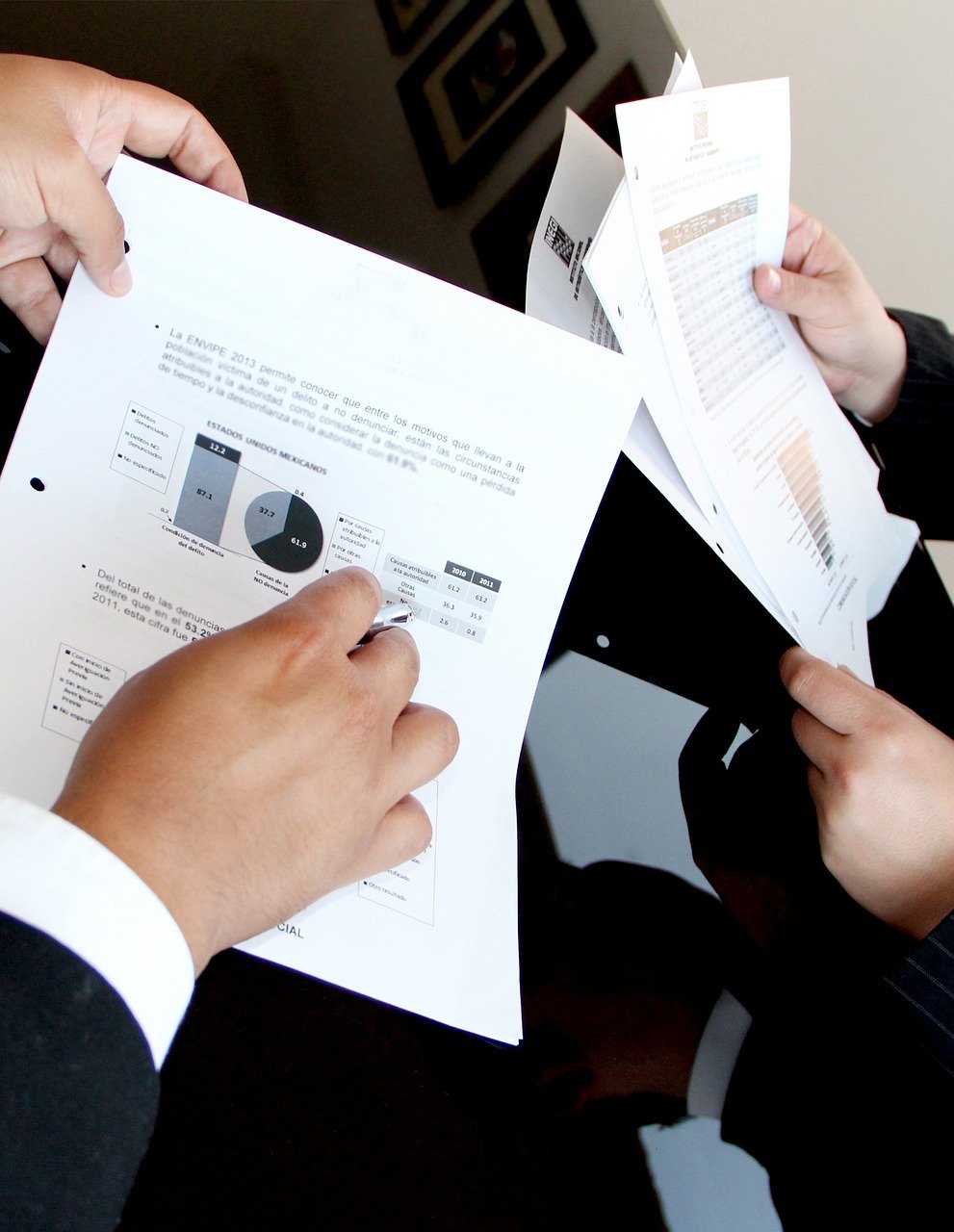
Understanding Exchange-Traded Funds (ETFs)
Exchange-Traded Funds, or ETFs, are investment funds that trade on stock exchanges, much like individual stocks. They typically hold a diversified portfolio of assets, including stocks, bonds, or commodities, and offer investors a way to access a variety of securities without directly purchasing each one.
In Malaysia, the popularity of ETFs has been growing rapidly, with many investors recognizing their benefits, such as diversification, liquidity, and cost-effectiveness.
Key Features of ETFs
- Diversification: By investing in an ETF, you gain exposure to a wide range of assets, reducing the risk associated with investing in single stocks.
- Liquidity: ETFs are traded on stock exchanges, allowing investors to buy and sell shares throughout the trading day.
- Cost-Effectiveness: ETFs generally have lower expense ratios compared to mutual funds, making them a more affordable investment option.
Types of ETFs Available to Malaysian Investors
Bursa-Listed ETFs
In Malaysia, Bursa Malaysia offers a range of Bursa-listed ETFs that cater to local investors. These ETFs typically include a variety of Malaysian securities, making them accessible to those who wish to invest in domestic markets.
Shariah-Compliant ETFs
For Muslim investors, Shariah-compliant ETFs provide an investment option that aligns with Islamic principles. These ETFs ensure that the underlying assets are compliant with Shariah law, which prohibits investments in certain sectors, such as alcohol and gambling.
Examples of popular Shariah ETFs available in Malaysia include the FTSE Bursa Malaysia Hijrah Shariah ETF, which tracks a Shariah-compliant index.
International ETFs
Malaysian investors can also access a wide variety of international ETFs, which can help diversify portfolios beyond local markets. Popular options include funds that track major indices like the S&P 500, Nasdaq-100, and even commodities like gold.
Why Invest in ETFs?
Investing in ETFs offers several advantages for Malaysian investors:
- Easy Access: ETFs can be purchased through local brokers, providing easy access to global markets.
- Affordability: Many ETFs have a lower entry cost compared to other investment vehicles, allowing more investors to participate.
- Diversified Exposure: Investing in an ETF allows exposure to a wide array of assets, reducing the risk of concentrating investments in a few stocks.
Case Study: A Malaysian Investor’s Portfolio Diversification
Let’s consider a case study of a fictional Malaysian investor, Amir. Amir has a total investment of RM100,000 and wants to build a diversified portfolio.
To achieve this, Amir allocates RM40,000 to local Bursa-listed ETFs, RM30,000 to international ETFs tracking the S&P 500 index, and RM30,000 to a Shariah-compliant ETF.
By doing so, Amir is not only investing in local stocks but also gaining exposure to global market performance along with ensuring his investments are halal.
Trends in the ETF Market
The ETF market in Malaysia has witnessed significant growth, particularly during the COVID-19 pandemic, as investors sought more flexible and liquid investment options. Recent trends indicate a growing interest in environmental, social, and governance (ESG) ETFs, reflecting a shift towards sustainable investing.
Additionally, as the financial literacy of Malaysians increases, more are recognizing the benefits of diversified investment strategies through ETFs.
Expert Insights on ETF Investing
Experts suggest that Malaysian investors should consider both local and international ETFs to maximize diversification. Additionally, they recommend keeping an eye on market trends and selecting ETFs that align with personal investment strategies and risk tolerance.
Using tools such as ETF screener platforms can help identify suitable ETFs based on performance and alignment with individual financial goals.
Conclusion: Key Takeaways for Malaysian Investors
As the interest in ETFs continues to rise in Malaysia, here are three actionable takeaways for investors:
- Diversify Your Investments: Consider a mix of local and international ETFs to balance risk and reward.
- Stay Informed: Keep track of the latest market trends and ETF performance to make informed investment decisions.
- Align with Your Values: For Muslim investors, ensure your ETFs are Shariah-compliant to meet your ethical investment criteria.
Frequently Asked Questions
What is an ETF?
An ETF is a collection of securities that you can trade on an exchange, providing a way to invest in a broad array of assets without buying each one individually.
Are there any risks associated with ETFs?
Like all investments, ETFs carry risks, including market risk, liquidity risk, and tracking error. It’s important to research each ETF before investing.
Can I invest in international ETFs from Malaysia?
Yes, Malaysian investors can access international ETFs through local brokers that offer trading on global markets.
What are Shariah-compliant ETFs?
Shariah-compliant ETFs invest in assets that comply with Islamic law, excluding sectors that are considered haram, such as alcohol and gambling.
How do I choose the right ETF?
Consider factors such as your investment goals, risk tolerance, expense ratios, and the underlying assets of the ETF.
This content is for informational purposes only and not financial advice.
Disclaimer
This article is for informational purposes only and should not be taken as financial advice. Please consult a licensed financial advisor before making investment decisions.


 Ready for more? Get access to premium rewards and deals now →
Ready for more? Get access to premium rewards and deals now →
0 comments